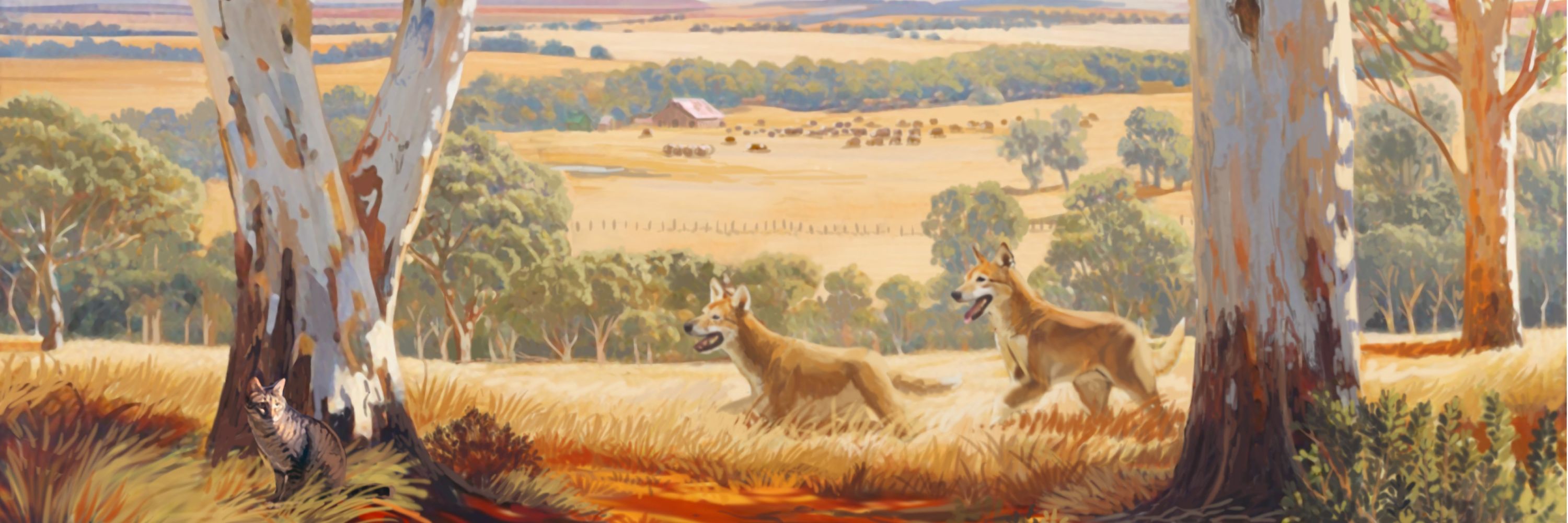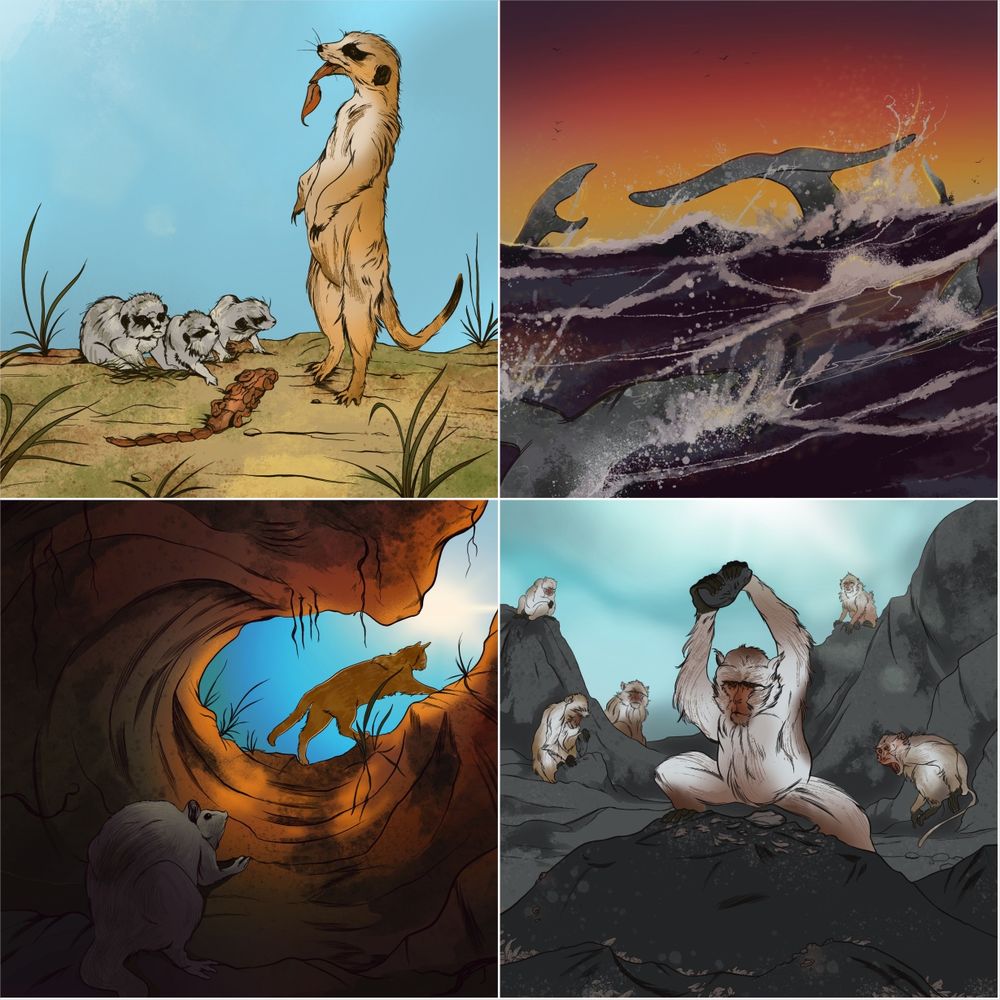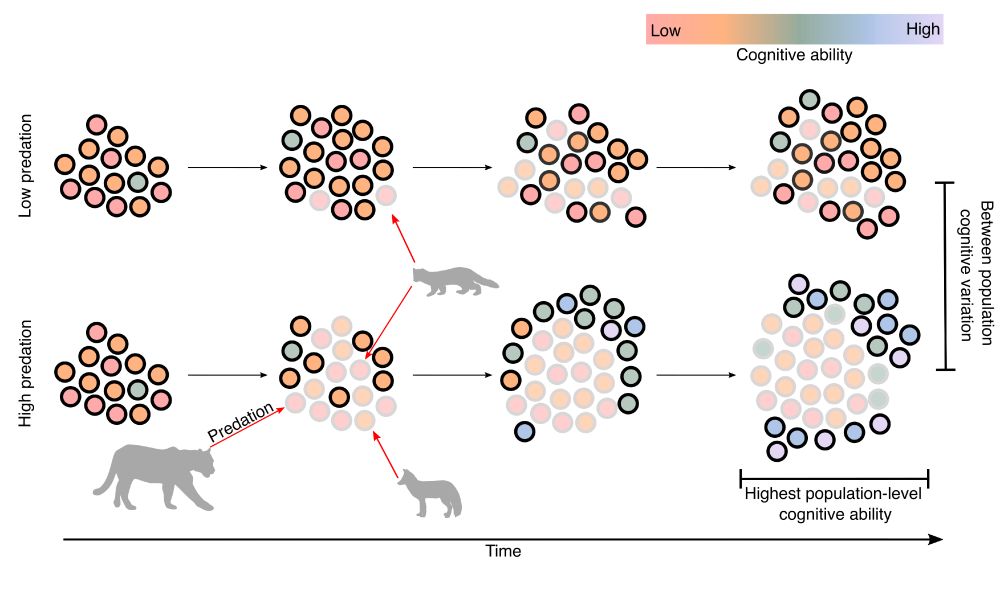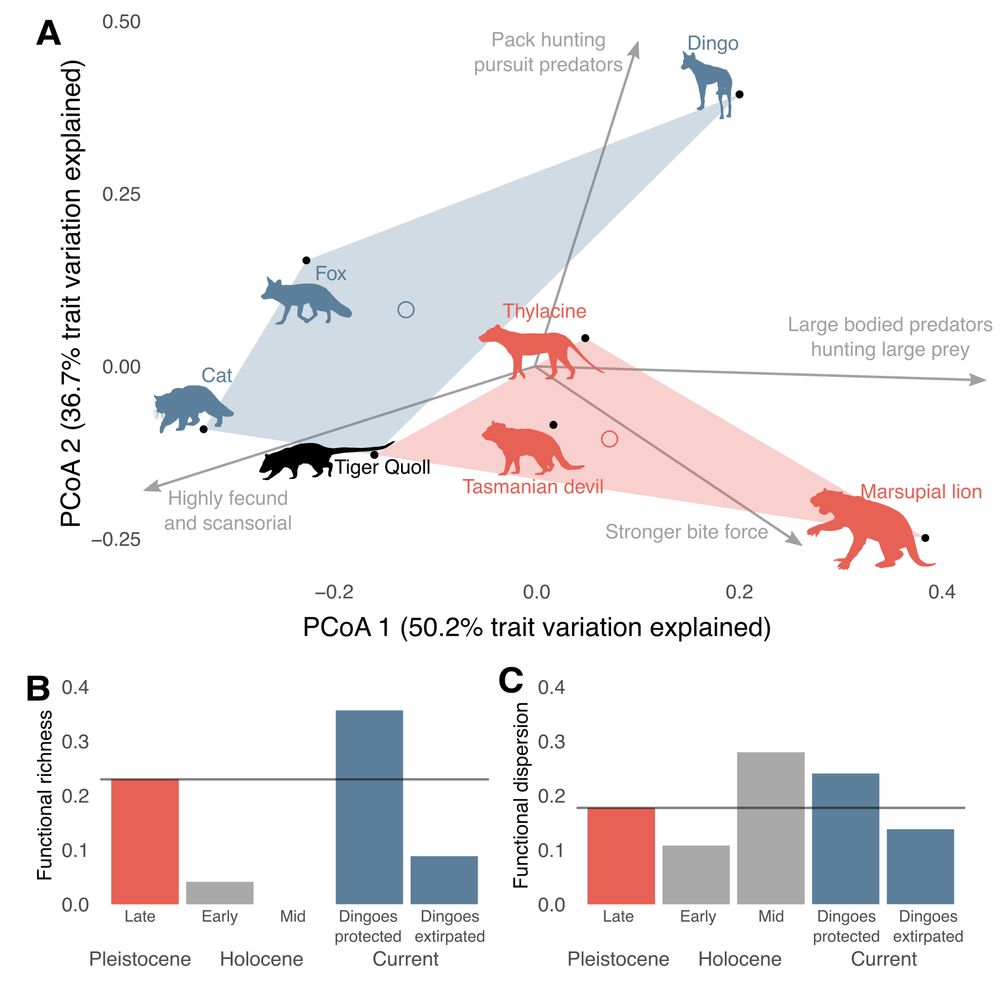
Behavioural Ecology + predator-prey interactions
https://www.eifwooster.org

www.cell.com/trends/ecolo...

www.cell.com/trends/ecolo...
ecoevorxiv.org/repository/d...

ecoevorxiv.org/repository/d...

Lets catch up if you're around!

Lets catch up if you're around!
@currentbiology.bsky.social
tinyurl.com/Auspreds

@currentbiology.bsky.social
tinyurl.com/Auspreds
Need a more nuanced set of traits to capture the ecological effects of predators? We got you
onlinelibrary.wiley.com/doi/full/10....

Need a more nuanced set of traits to capture the ecological effects of predators? We got you
onlinelibrary.wiley.com/doi/full/10....
From earlier this year in Trends in Ecology & Evolution
Paper here: tinyurl.com/mt2rrjw6

From earlier this year in Trends in Ecology & Evolution
Paper here: tinyurl.com/mt2rrjw6
tinyurl.com/Auspreds

tinyurl.com/Auspreds

